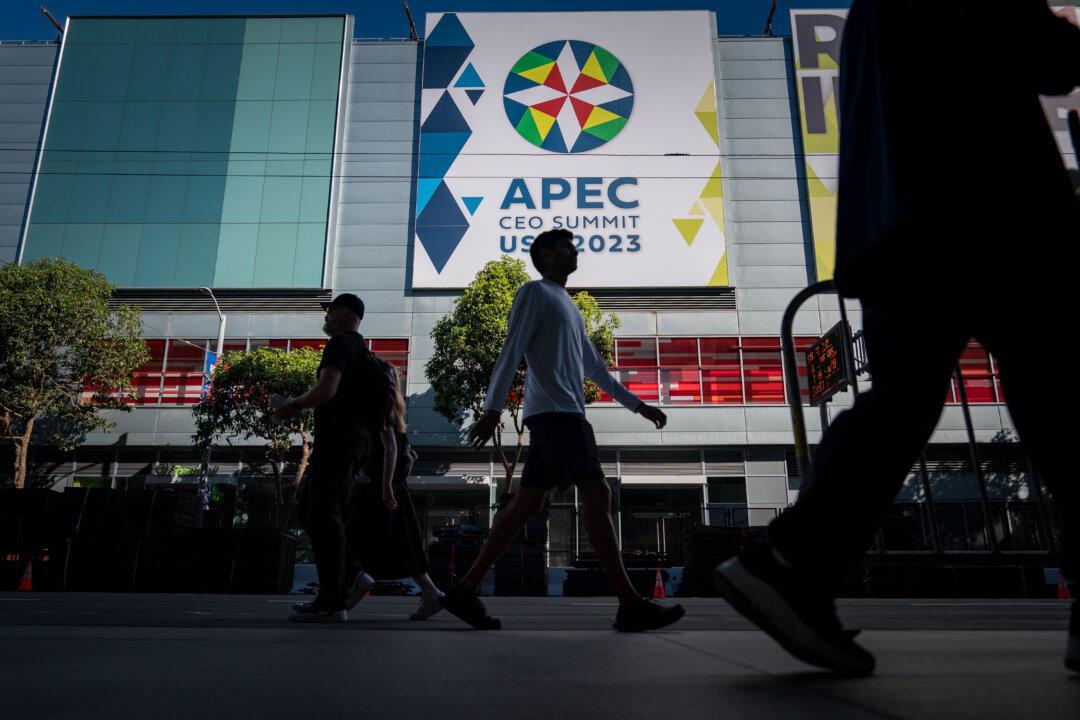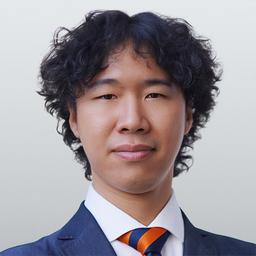Commentary
President Joe Biden will meet with Chinese leader Xi Jinping on the sidelines of this month’s Asia-Pacific Economic Cooperation forum in San Francisco, the White House has announced. Mr. Xi’s visit is viewed as an attempt to use the United States to provide relief for China at a time of domestic economic turmoil and strained international relations.





